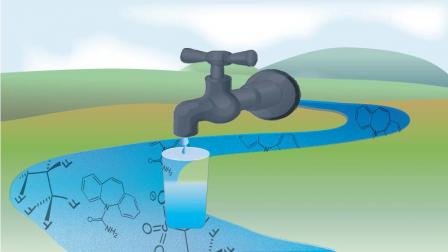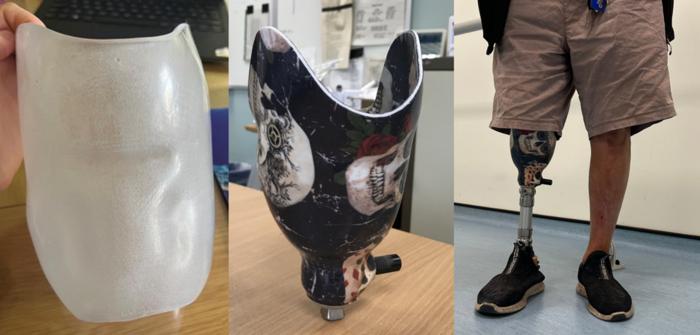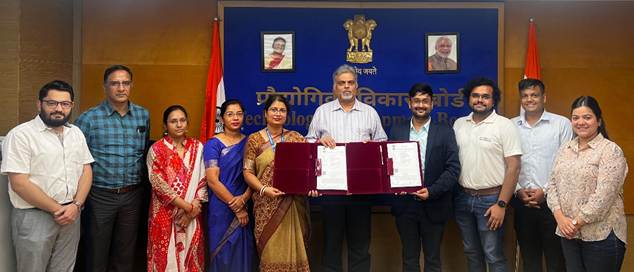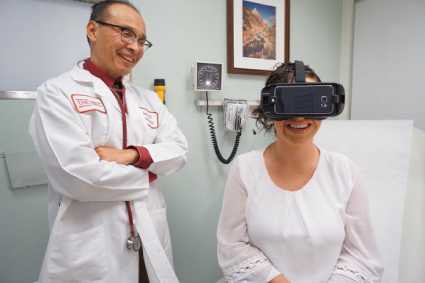Engineers at the University of Bath have created a groundbreaking genetic testing device, often referred to as a ‘lab on a chip,’ capable of identifying viruses with remarkable precision in just three minutes. This innovative device, originally designed for Covid-19 detection, is being hailed as the fastest Covid test globally.
The LoCKAmp prototype leverages cutting-edge ‘lab on a chip’ technology and has demonstrated its ability to deliver swift and cost-effective detection of Covid-19 from nasal swab samples. The research team at the University of Bath believes this technology can readily adapt to identify other pathogens, including bacteria, and even medical conditions like cancer.
The device functions by rapidly extracting and amplifying genetic material from nasal swab samples through a chemical reaction, providing results that can be conveniently viewed on a smartphone application.
In contrast to the commonly used lateral flow assay tests during the pandemic, LoCKAmp employs the ‘gold standard’ genetic-based testing techniques typically reserved for laboratory-based PCR (polymerase chain reaction) tests. This advancement allows for swift testing at the same precision level as laboratory tests, marking a significant breakthrough.
Apart from its remarkable accuracy, LoCKAmp’s standout feature is its incredible speed. With results available within three minutes, the research team claims that this makes LoCKAmp the fastest Covid-19 test reported to date. The prototype device is constructed using off-the-shelf components and factory-manufactured printed circuit boards, making it suitable for quick, cost-effective mass production. This presents a powerful tool for healthcare providers and public health organizations worldwide in the fight against viral infections. Furthermore, the research team envisions that a commercial partner with the necessary design and manufacturing expertise could swiftly adapt LoCKAmp into a compact, portable device, which holds great potential for use in remote healthcare settings.
The research team is already in discussions with academic and commercial partners and is open to further collaborations as they work towards bringing LoCKAmp into full-scale production.
- EUREKALERT







